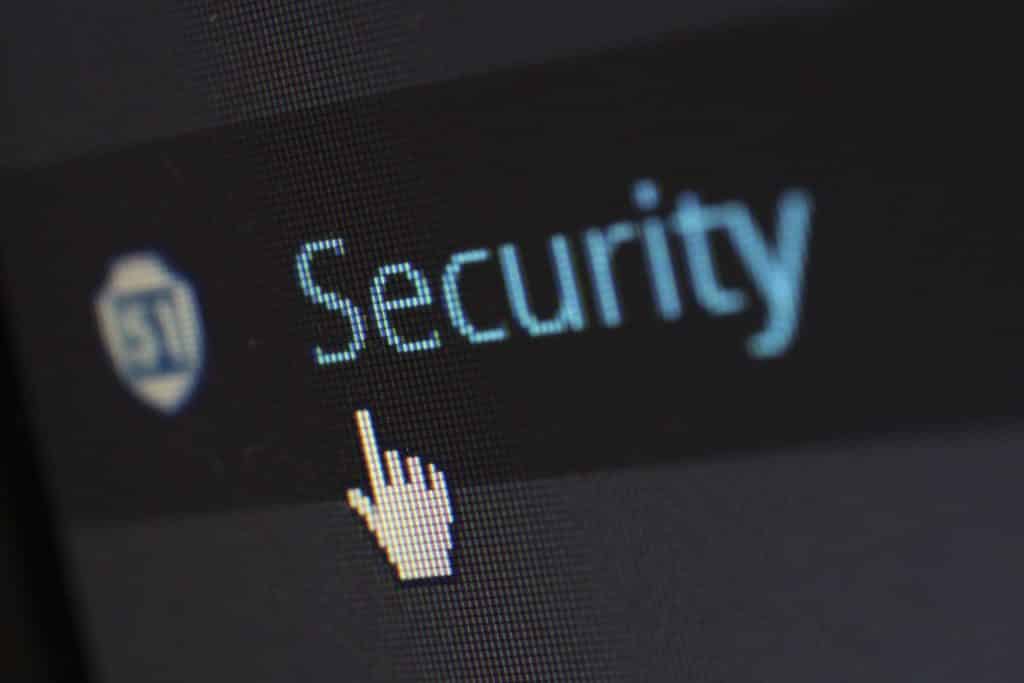Estimated reading time: 4 minutes
Wireless Networking, commonly known as WiFi, has made the Internet easier to use now than it ever has been. It has been made faster, stronger and far more accessible, and everybody can attest to this making their life far easier. With all of these positives, however, there does come a downside to WiFi connectivity, and this downside is that it’s easy to hack into.
If you do not want your Internet connectivity to be hacked or used by a malicious third party, then you have to set about securing it. To find the best ways to do that, read on.
Always monitor your system
Your WiFi connection can be attacked at all times, even when you’re not using it, which means your device’s system is always open to threats. To ensure that you are able to fix any problems that come your system’s way, you need to monitor it at all times.
To do this, you should use a system-monitoring software like Dr. Mac. Doing so will help you to keep up to date with everything that is happening to your device in regards to its health and safety against hackers, meaning you’ll always be able to know when something is wrong or if it has been breached. Plus, when you use such a software, you’d be able to do all of this without doing anything at all yourself, because the software will do it for you! Your only job would be to act should anything have been discovered to have gone awry.
Securing your WiFi connection
When another person piggybacks on your personal WiFi network because it is unsecured, which involves them using your connection to access the Internet, you open yourself up to facing a whole host of different problems.
The first problem that you’ll face is your Internet bill being hiked right up, especially if you are on a plan that sees you pay per byte of data transfer. The second problem is that you’ll find your Internet usage being slowed right the way down because your connection will be working double as hard to work with speed. The third problem is the most important to address of all. With an unsecured WiFi connection, you open yourself up to facing 24/7 attacks from cybercriminals.
So, secure your WiFi! To do this, you should set a unique password for your router, this being one that is different to the factory password and one that’ll be hard for any external forces to guess and break into.
Encrypt your wireless
To really deter cybercriminals as they seek to compromise your Internet connection, you have to scramble your wireless signal. Doing so will make it difficult for anybody with unauthorized access to your network to grab a foothold of it.
If you’re not particularly ‘techy,’ then fear not as the latest tools have made encryption to be something that anybody can do, no matter their technology background. The easiest form of encryption is WPA, otherwise known as WiFi Protected Access, and you can request details of how to do it from your wireless broadband provider.
Move your router
The physical direction in which your router is pointing can have more of an impact on your ability to deter cybercriminals than you think it can. So, get moving it into a safe, hard-to-reach place.
First, this means moving your router’s antenna so that it doesn’t face neighboring walls as this will stop its signal from leaking out of your home. Second, move it into as a centralized spot as there is in your home. Doing this will not only secure your network, but it’ll make it stronger and faster, too, no matter where you are accessing the Internet in your home.
Be aware of malware
Malicious software, or malware, is always on the lookout for Internet connections that are susceptible to it, so make sure yours is able to fight it off.
Whether it’s a virus, spam, spyware, adware or a trojan that bothers your Internet, you should make sure that it is strong enough to fight it, and to make sure this is the case, install antivirus software. This handy software will scan your computer continuously for malicious software, it’ll delete files should they be infected, and it’ll block harmful pop-ups.
If you want to be able to use your Internet connection for years to come, then you need to keep it healthy by securing it as best you can. To do this, remember all of the helpful pieces of advice above.
Share this content:
